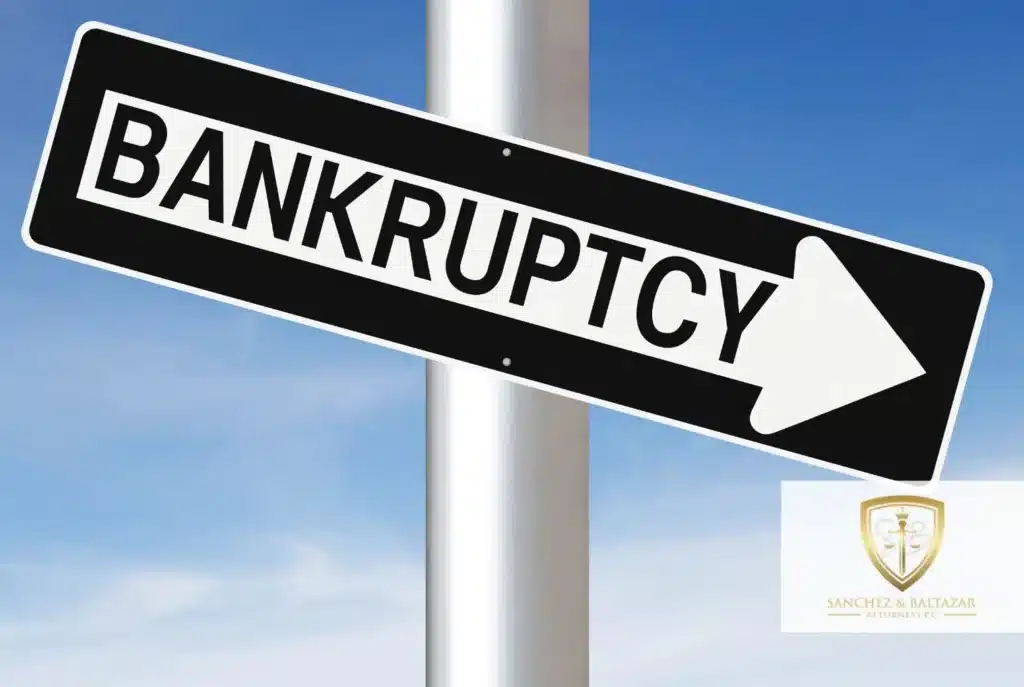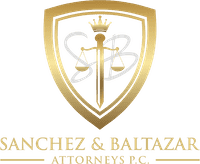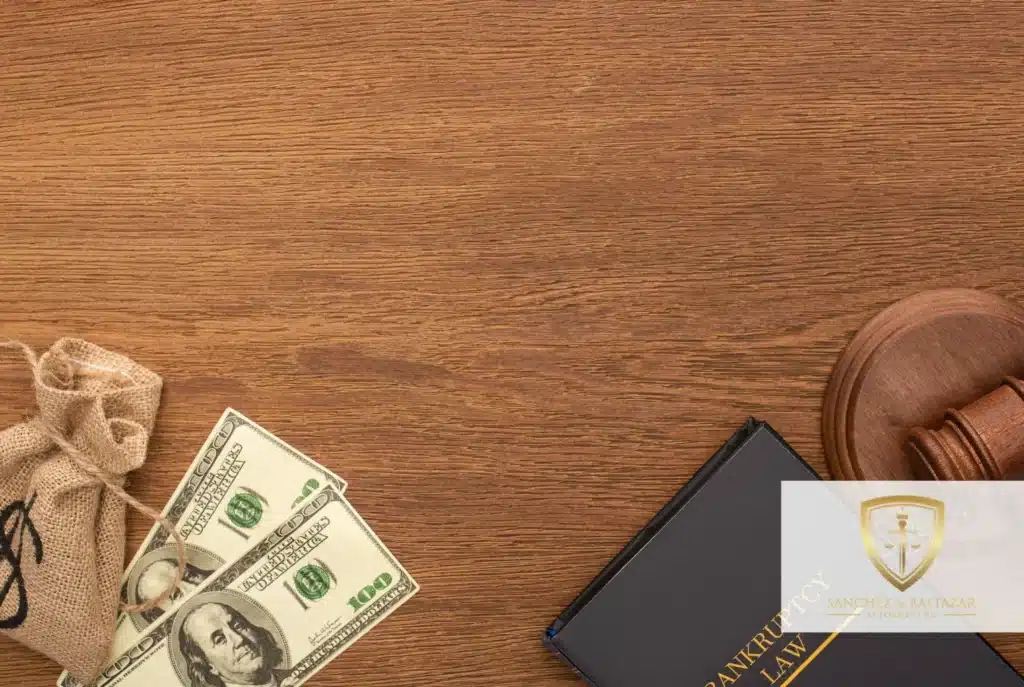If you’re thinking about filing bankruptcy in California, it’s critical to understand how California bankruptcy exemptions work. These exemptions determine what property you can keep during a bankruptcy case, helping you protect your assets from unsecured creditors.
California bankruptcy exemptions are part of bankruptcy law and are specifically designed to protect property from creditors during bankruptcy proceedings. Whether you’re facing overwhelming debt or simply seeking a fresh financial start, knowing your rights under California bankruptcy exemption laws can help you make informed decisions—and may even allow you to keep your home, vehicle, and retirement accounts.
Key Takeaways
- California Requires Use of State-Specific Exemptions (State Exemptions; Federal Exemptions Not Available): When filing bankruptcy in California, you must choose between two state-specific exemption systems (704 or 703), which are state exemptions. Federal exemptions are not available in California, so you cannot use federal exemptions to protect your property in bankruptcy.
- Choosing the Right System Can Protect More Property: Homeowners typically benefit from System 1 (704) due to the generous homestead exemption, while renters or those with more personal property may find greater protection under System 2 (703).
- Legal Guidance Is Crucial for Maximizing Exemptions: Consulting a bankruptcy lawyer ensures you correctly apply the most beneficial exemption system and avoid mistakes that could result in loss of assets or delays in your case.
What Are Bankruptcy Exemptions?
Bankruptcy exemptions are legal provisions that allow you to keep certain real or personal property when you file for bankruptcy. These exemptions are designed to help individuals maintain basic living necessities while receiving debt relief through Chapter 7 or Chapter 13 bankruptcy.
In California, unlike many other states, you must use the state’s exemption system—you cannot opt for federal bankruptcy exemptions. However, the California bankruptcy exemption system offers two different sets of exemptions: System 1 (704) and System 2 (703). You can choose one system or the other, but not both, depending on what best protects your property. These exemptions are governed by specific sections of the California Code of Civil Procedure.
Additionally, any unused portion of certain exemptions, such as the homestead or burial exemption, may be applied to protect other property.
Federal vs. California Bankruptcy Exemptions: What’s the Difference?
When considering bankruptcy in California, it’s important to understand how the state’s approach to bankruptcy exemptions differs from federal law. While federal bankruptcy exemptions are available in many states, California has chosen to opt out of the federal bankruptcy exemption system. This means that if you file bankruptcy in California, you must use the California bankruptcy exemption system rather than the federal bankruptcy exemptions.
Choosing the right exemption set can make a significant difference in how much property you’re able to keep during your bankruptcy case. Because the rules can be complex and the best choice depends on your unique financial situation, it’s wise to consult a bankruptcy lawyer before filing.
California Exemption System 1 (Section 704)
System 1 is often used by homeowners with substantial equity in their property. It includes the following key exemptions:
- Homestead Exemption: Protects a certain amount of equity in your home or community apartment, stock cooperative, or residential building materials. The exemption amount varies depending on the county median sale prices and whether you are single, married, or a married couple filing jointly. This exemption may also apply to a burial or homestead exemption.
- Motor Vehicle Exemption: You can exempt equity in one motor vehicle (including one commercial vehicle) up to a specific exemption amount. Under California law, the exemption applies to motor vehicles with allowable exempt equity up to the statutory limit.
- Personal Property: This includes household goods, clothing, appliances, and some bank account funds. You may also be able to protect bank deposits related to public benefit payments. If nonexempt property is sold by the bankruptcy trustee, sales costs are deducted before any distribution to creditors.
- Life Insurance Proceeds: The surrender value of an unmatured life insurance policy and certain life insurance proceeds are protected if they are needed for support.
- Public Benefits: Includes exemptions for disability benefits, social security payments, veterans’ benefits, child support, and other public benefit payments.
- Retirement Accounts: Tax-exempt retirement accounts like traditional and Roth IRAs, money purchase plans, and private retirement plans are protected.
- Professional Licenses and the trade exemption may also be protected in some cases. The trade exemption covers certain tools, implements, materials, and books necessary to your trade or profession.
California Exemption System 2 (Section 703)
System 2 offers broader protection for personal property and is typically chosen by those who do not own a home or have little equity. Some highlights include:
- A wildcard exemption that allows you to protect any property of your choice.
- Exemptions for wages paid, future earnings payments, future earnings payments needed for support, and personal injury recoveries or wrongful death recovery needed for support. Child support needed for support is also protected under System 2.
- Protection for unmatured life insurance and some life insurance policies.
Retirement and Pension Benefits: Are They Protected?
One of the most common concerns for those considering California bankruptcy is whether their retirement and pension benefits will be safe. The good news is that California bankruptcy exemption laws provide robust protection for most retirement accounts.
Under the California bankruptcy exemption system, tax-exempt retirement accounts—including 401(k)s, 403(b)s, profit-sharing and money purchase plans, SEP and SIMPLE IRAs, as well as traditional and Roth IRAs—are generally shielded from creditors.
In addition to these tax-exempt retirement accounts, both public retirement benefits and private retirement plans are protected, along with benefits received due to disability or illness. For cases filed between April 1, 2025, and March 31, 2028, the exemption amount for retirement accounts is set at $1,711,975 per person, offering substantial security for your future.
However, it’s important to note that not every retirement account is fully protected, and certain circumstances may expose some funds to creditors. To ensure your retirement savings are safeguarded and to understand the specific protections available for your accounts, it’s best to consult a bankruptcy lawyer.
They can help you navigate the California bankruptcy exemption system, identify which accounts qualify as tax-exempt, and make the most of the available exemptions to protect your retirement and pension benefits during bankruptcy.

Special Cases and Considerations
- Double Exemptions: Married couples filing jointly can double many exemption amounts, depending on the state exemptions chosen.
- Federal Nonbankruptcy Exemptions: These are protections provided by federal law and may apply regardless of the state you live in, such as certain public retirement benefits or social security payments.
- Wrongful Death and Personal Injury: If you receive wrongful death recoveries or personal injury and wrongful death settlements, those may be exempt if needed for support. Wrongful death causes are specifically recognized as a type of claim that may be exempt under California bankruptcy laws.
- Commercial Vehicles: The law allows protection for one commercial vehicle used in the same occupation.
How a Bankruptcy Lawyer Can Help
Bankruptcy laws are complex, and choosing between California exemptions can significantly impact the outcome of your case. A knowledgeable bankruptcy lawyer can evaluate your situation and help determine whether System 1 or System 2 is right for you.
They’ll also ensure your assets are properly claimed under the right exemption category in bankruptcy court, and that the bankruptcy trustee does not take more than is legally allowed.
Moreover, if you recently moved to California, you may be required to use your previous state’s exemptions due to federal civil procedure rules.
Contact us at SB Legal; we offer a free initial consultation to evaluate your case.
Final Thoughts
Filing bankruptcy in California doesn’t mean losing everything. With the right strategy and understanding of California bankruptcy exemptions, you can protect what matters most—your home, car, income, and retirement.
Whether you’re considering Chapter 7 or Chapter 13, working with an experienced attorney can help preserve your property and provide the debt relief you need. If you’re unsure about your rights or options, don’t hesitate to seek legal guidance and build a strong attorney-client relationship to support your journey toward financial freedom.
Frequently Asked Questions
Can I switch between exemption systems after filing for bankruptcy in California?
No. Once you file and choose either System 1 or System 2, that decision is final for your case. This is why it’s important to analyze your assets and consult legal counsel before filing.
Are business assets or tools of the trade protected under California bankruptcy exemption laws?
Yes, both exemption systems provide limited protection for tools, equipment, and materials used in your occupation. The value limit varies, and only items reasonably necessary for your trade or profession are covered.
How do California bankruptcy exemptions apply to jointly owned property?
If both spouses are filing jointly, many exemption amounts can be doubled. However, if the property is jointly owned with someone who is not part of the bankruptcy case, only the filer’s interest in the property may be exempt, and the rest could be subject to liquidation.

